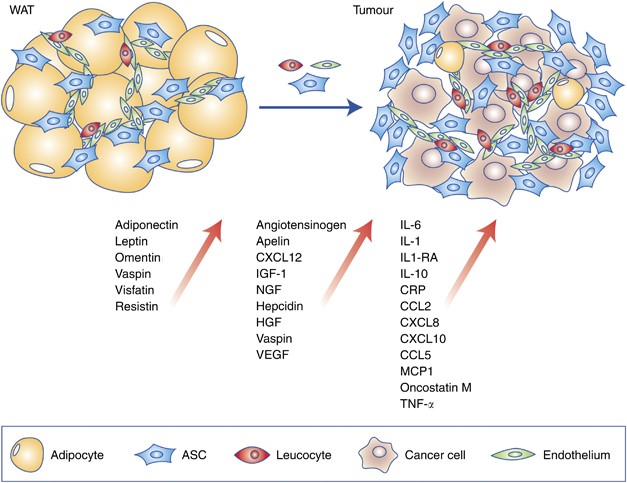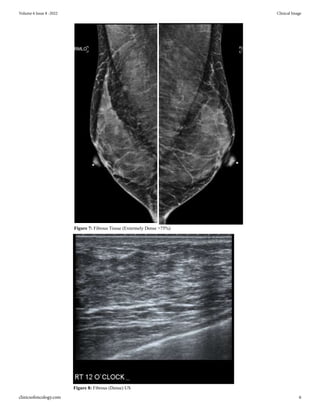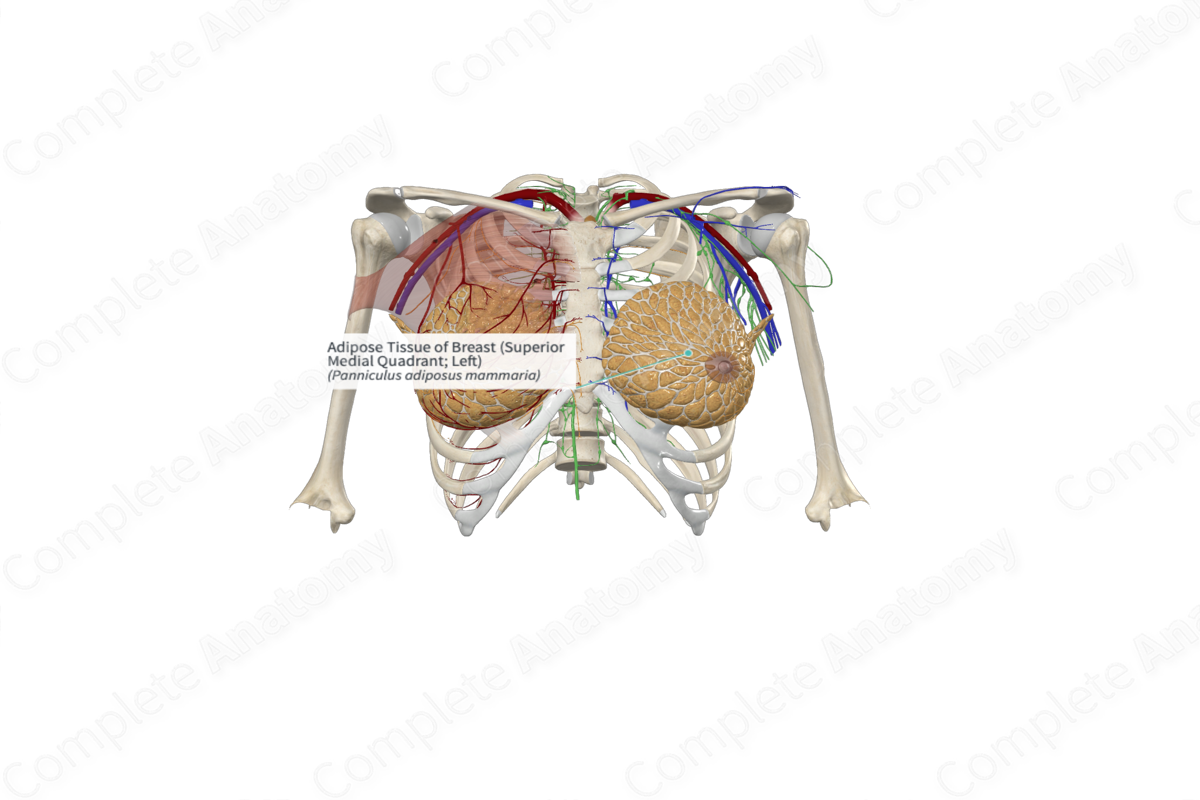
Figure 1: Normal adipose tissue has the capacity to stimulate human breast cancer tumorigenesis and progression. The production of steroid hormones, adipokines, triglycerides, and free fatty acids are the major functions of normal adipose tissue of which, several molecules have the potential to influence different aspects of breast cancer. - "When fat becomes an ally of the enemy: adipose tissue as collaborator in human breast cancer"

PDF) Adipocyte lipolysis links obesity to breast cancer growth: adipocyte-derived fatty acids drive breast cancer cell proliferation and migration

Baseline Characteristics of Diabetic Women with Breast Cancer, by

The obesity-breast cancer link: a multidisciplinary perspective
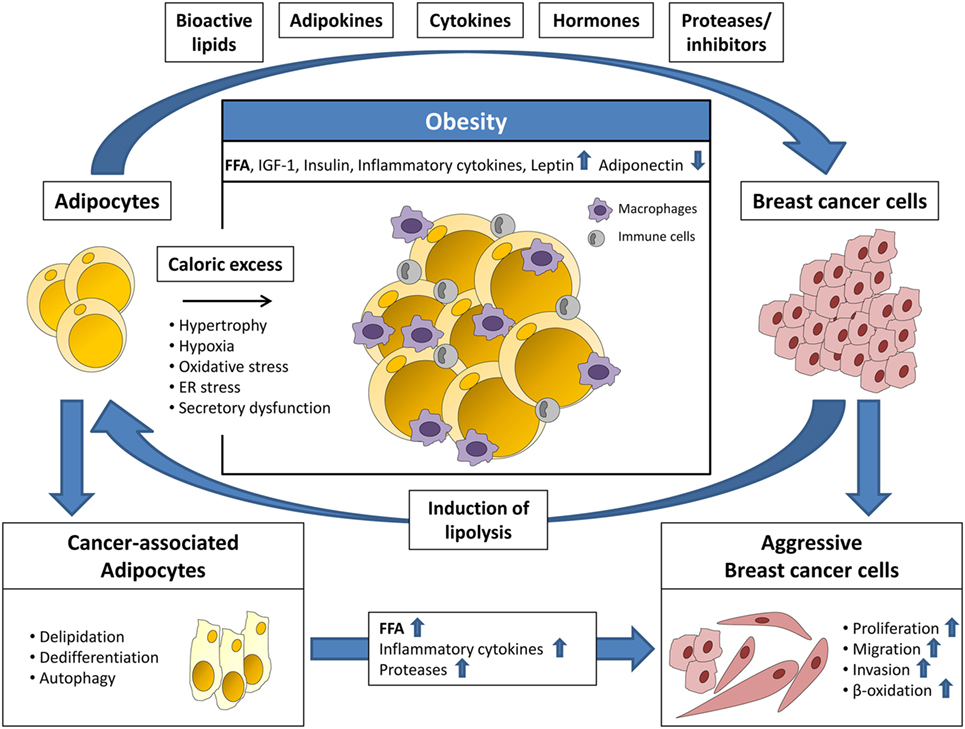
Frontiers Obesity and Breast Cancer: Current Insights on the Role of Fatty Acids and Lipid Metabolism in Promoting Breast Cancer Growth and Progression

Cancer and Obesity: An Obesity Medicine Association (OMA) Clinical Practice Statement (CPS) 2022 - ScienceDirect
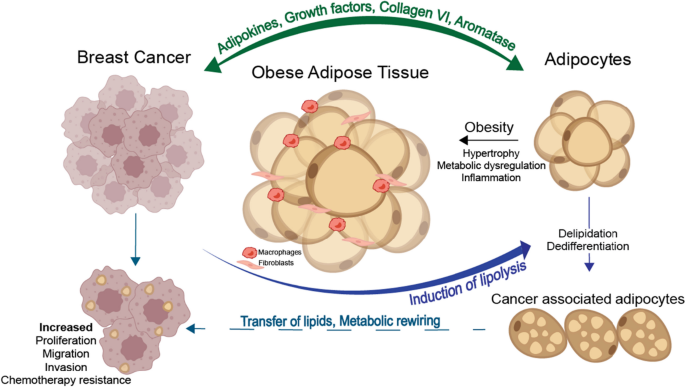
The role of three-dimensional in vitro models in modelling the inflammatory microenvironment associated with obesity in breast cancer, Breast Cancer Research

When fat becomes an ally of the enemy: Adipose tissue as collaborator in human breast cancer

Frontiers The Role of Metabolic Changes in Shaping the Fate of Cancer-Associated Adipose Stem Cells

Pathways Winter 2016/2017 (Volume 6, Issue 1) by Canadian Lymphedema Framework - Issuu

Cancer as a Matter of Fat: The Crosstalk between Adipose Tissue and Tumors: Trends in Cancer

Analysis of Subcutaneous Adipose Tissue Biology: Abdominal vs. Breast - Are There Depot-Specific Differences in Oncogenic Potential? - BroadcastMed
